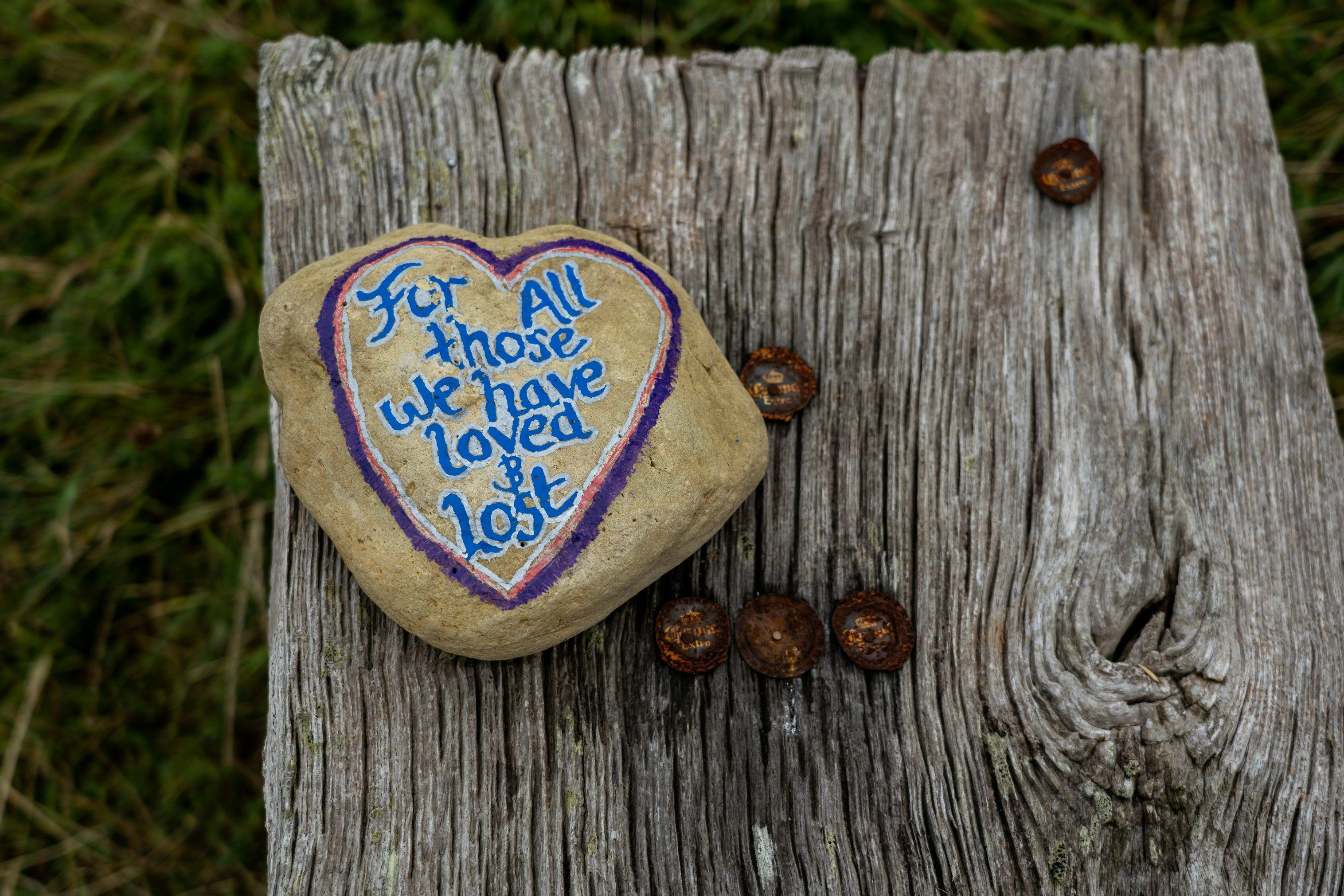Grief doesn’t always fade with time. Some losses linger, demanding deeper healing. In this fictional yet heartfelt story, we explore the weight of complicated grief and how therapy became a quiet companion on the path to emotional healing.
The Beginning of Her Grief Story
The hospital room was cold.
The sterile smell stayed with her for years. Sometimes, she’d catch a whiff of antiseptic somewhere random, and her chest would tighten. Her husband was lying there pale, fragile, a shadow of the vibrant soul she once knew.
She remembered the way he smiled even through the pain, how he gently squeezed her hand, how he told her to keep going. To live. To find happiness beyond his absence. But how do you do that when every step forward feels like you’re leaving them behind?
Understanding Complicated Grief
Complicated grief isn't loud.
It doesn’t always come with daily tears or dramatic outbursts. Sometimes it’s quiet and lingering. The kind that hides in smiles and silences. It’s been seven years, but the pain hasn’t left. If anything, it has evolved and shaped itself into something that silently follows her around.
She still talks to him sometimes. In her head, on empty nights. She wonders if that’s weird. If people would understand. But in those moments, it brings comfort, and grief is selfish like that. It gives you what you need, even if it isolates you.
The baby followed him.
That was the part no one really talks about. How do you grieve two losses at once? How do you bury the man you love and the child you never got to hold? The world moved on. But she couldn’t. She didn’t want to. Because if she moved on, did that mean she was okay with what happened? Was it a betrayal to keep living?
The months after the funeral were a blur. Well-meaning friends told her to stay strong. Family encouraged her to focus on the future. But what future? Her heart felt like a tomb of what could have been. She existed, but she wasn’t living.

What Is Complicated Grief?
Complicated grief (also called Persistent Complex Bereavement Disorder) is a mental health condition where the pain of loss doesn’t ease over time. The world expects you to bounce back eventually. But for some people, the sorrow doesn’t dull, it deepens.
They don’t just miss the person. They carry guilt., regret and questions that may never get answered. She had them all.
Could I have done more?
Did I miss a sign?
What if I had stayed hopeful a little longer?
Those questions looped in her head for years. They haunted her in quiet moments. She went to work, smiled at neighbors, even joined a book club once but the ache never left.
Therapy for Grief
Eventually, she tried therapy.
She had resisted it at first, thinking it was for people who couldn't hold it together. But one day, the weight of everything felt too much. So she walked into a small office, unsure of what to expect. What she found was a space where her pain wasn’t rushed, where she could speak her truth without shame.

The sessions didn’t magically erase the pain, but they gave her language for it. They helped her unpack her guilt and understand her grief. Little by little, therapy gave her permission to live again at her own pace.
She realised healing isn’t about forgetting. It’s not about closing the door on what was. But when grief becomes your only companion, it slowly robs you of life. She didn’t notice how she stopped attending weddings. How she avoided baby showers. How she felt jealous of women pushing strollers… and hated herself for feeling that way.
Grief changed her. But so did love.
She remembered their long conversations about naming the baby. She remembered the soft laughter they shared during morning routines, the way he’d rest his hand on her belly with quiet pride. Those moments had once been too painful to recall. But now, they began to feel like something sacred. She began to understand finding peace isn't betrayal.
Emotional Healing After Loss
It took her five years to realize that letting go isn’t the same as giving up. That moving forward doesn’t erase the love. If anything, it honors it.
She remembered his voice, not the pain-filled one at the end but the one filled with laughter. The one that called her "Fyne" with a teasing grin. That memory brought tears, yes. But this time, they didn’t drown her. They washed something open.
Maybe it was the beginning of healing. It wasn't a big moment but a quiet shift.
She found herself journaling more. Taking long walks and saying yes to small plans. She didn’t call it recovery. She just called it... surviving better. Then, eventually, she called it living.
Why Talking About Mental Health and Grief Still Matters
Mental health is not weakness.
This story may be fictional, but the emotions are real. Grief is not one-size-fits-all. And complicated grief deserves to be talked about just as openly as depression, anxiety, or trauma. Because people live with it silently and daily.
If you've ever felt stuck in a loss that others expected you to be over, know that you’re not broken. You’re not alone and healing doesn’t have to mean forgetting.
In grieving fully, we sometimes find our way back to living.
Struggling with overwhelming emotions? Our article on How to Cope with Grief and Loss offers practical support. You can also learn emotional self-care techniques in this Simple Guide to Journaling.
